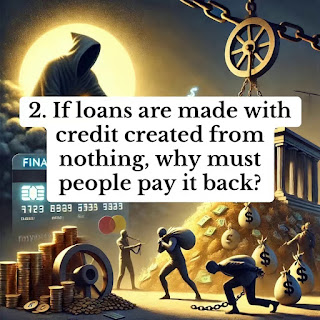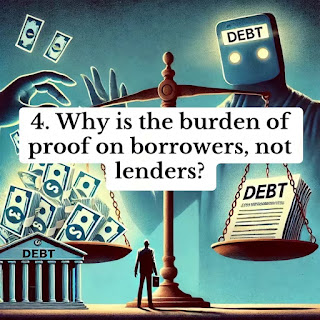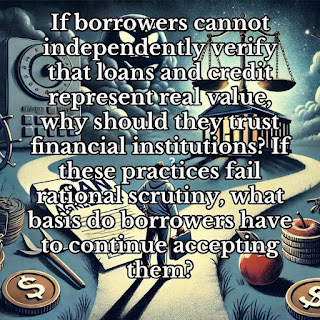“The masses have never thirsted after truth. They turn aside from evidence that is not to their taste, preferring to deify error, if error seduce them. Whoever can supply them with illusions is easily their master; whoever attempts to destroy their illusions is always their victim. An individual in a crowd is a grain of sand amid other grains of sand, which the wind stirs up at will.” - Gustav Le Bon (The Crowd) “Blessed are the meek, for they shall inherit the earth.” - Jesus of Nazareth (Matthew 5:5) Moore v. Alliant Credit Union: Resource Hub Updated January 23, 2025 The True Source of Binding Law: The People and Natural Law The Moore v. Alliant Credit Union case, though presented as a mock legal proceeding, carries profound significance. It serves as a reminder that the ultimate source of binding law is not Congress, the Supreme Court, or any legislative or judicial body, but the people themselves, guided by their ability to discover, comprehend, and live in har...


















Comments
Post a Comment